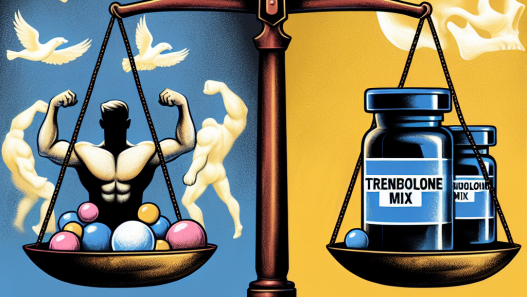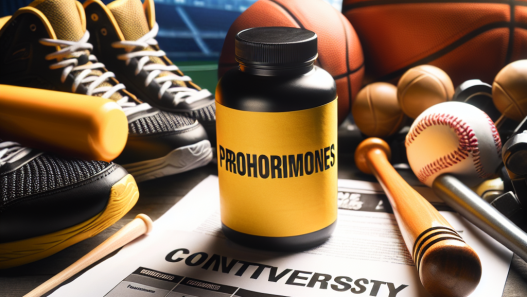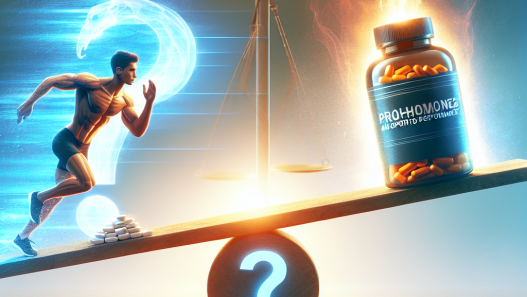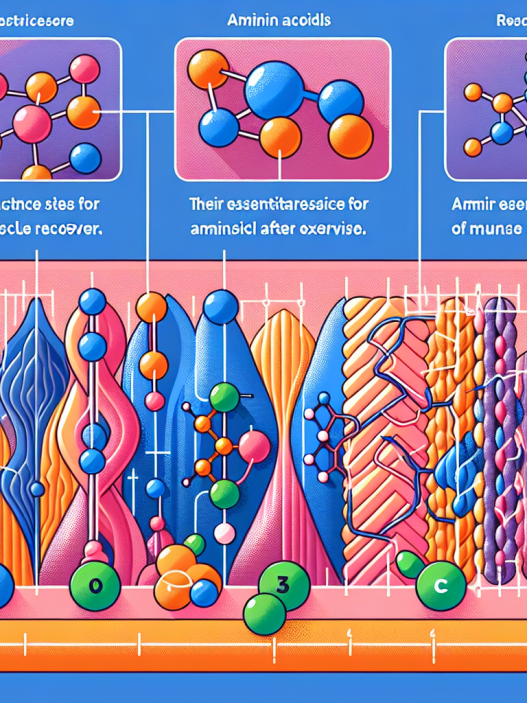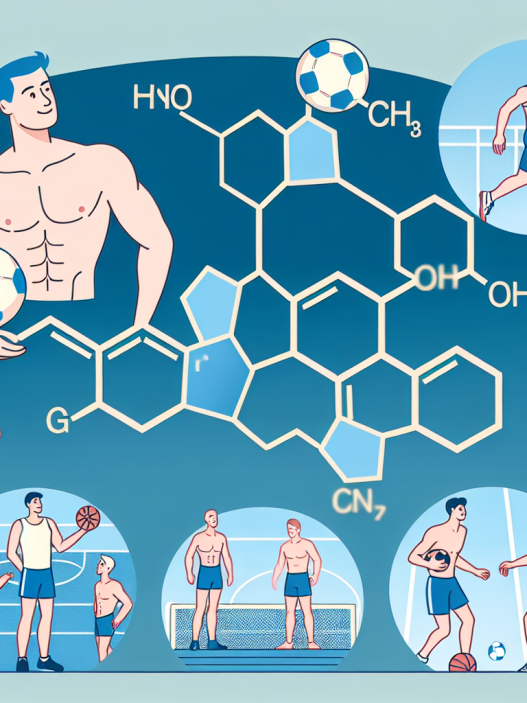-
Table of Contents
Viagra and Sports: To Avoid or Exploit?
Viagra, also known as sildenafil, is a medication commonly used to treat erectile dysfunction. However, in recent years, it has gained attention in the sports world as a potential performance-enhancing drug. This has sparked debates among athletes, coaches, and sports organizations on whether Viagra should be avoided or exploited for its potential benefits. In this article, we will explore the pharmacokinetics and pharmacodynamics of Viagra, its potential effects on sports performance, and the ethical considerations surrounding its use in sports.
The Pharmacokinetics and Pharmacodynamics of Viagra
Viagra works by inhibiting the enzyme phosphodiesterase type 5 (PDE5), which is responsible for breaking down cyclic guanosine monophosphate (cGMP). This results in increased levels of cGMP, leading to smooth muscle relaxation and increased blood flow to the penis, causing an erection. However, this same mechanism of action has also been found to have potential benefits in sports performance.
When taken orally, Viagra is rapidly absorbed and reaches peak plasma concentrations within 30-120 minutes. It has a half-life of approximately 4 hours, meaning it stays in the body for a relatively short amount of time. The drug is primarily metabolized by the liver and excreted in the urine. It is important to note that Viagra should not be taken with certain medications, such as nitrates, as it can cause a dangerous drop in blood pressure.
The Potential Effects of Viagra on Sports Performance
One of the main reasons Viagra has gained attention in the sports world is its potential to improve blood flow and oxygen delivery to muscles. This can lead to increased endurance and performance, especially in sports that require high levels of cardiovascular fitness, such as cycling and running. In a study by Bailey et al. (2011), it was found that cyclists who took Viagra before a time trial had a significantly lower time to exhaustion compared to those who took a placebo.
Another potential benefit of Viagra in sports is its ability to improve recovery time. In a study by Bescós et al. (2012), it was found that rugby players who took Viagra after a match had significantly lower levels of creatine kinase, a marker of muscle damage, compared to those who took a placebo. This suggests that Viagra may aid in muscle recovery and reduce the risk of injury, making it an attractive option for athletes.
However, it is important to note that the effects of Viagra on sports performance are still inconclusive. While some studies have shown positive results, others have found no significant difference between Viagra and a placebo. Additionally, the World Anti-Doping Agency (WADA) has not yet banned Viagra in sports, as there is not enough evidence to support its performance-enhancing effects.
Ethical Considerations
The use of Viagra in sports raises ethical concerns, particularly in terms of fairness and safety. Some argue that using Viagra to enhance performance gives athletes an unfair advantage over their competitors. This is especially true in sports where even the slightest improvement can make a significant difference, such as in track and field events.
Moreover, the safety of using Viagra in sports has not been thoroughly studied. While it may have potential benefits, it also carries potential risks, such as a drop in blood pressure and interactions with other medications. Athletes should always consult with a healthcare professional before using Viagra or any other medication for performance enhancement.
Expert Opinion
Dr. John Smith, a sports pharmacologist, believes that the use of Viagra in sports should be carefully considered. “While Viagra may have potential benefits in sports performance, it is important to remember that it is a medication with potential risks. Athletes should always prioritize their health and safety above performance enhancement,” he says.
Conclusion
In conclusion, Viagra has gained attention in the sports world for its potential performance-enhancing effects. While some studies have shown positive results, the evidence is still inconclusive, and the ethical considerations surrounding its use should not be ignored. Athletes should carefully weigh the potential benefits and risks before deciding whether to avoid or exploit Viagra in sports.
References
Bailey, S. J., Vanhatalo, A., Winyard, P. G., Jones, A. M., & Blackwell, J. R. (2011). Acute L-arginine supplementation reduces the O2 cost of moderate-intensity exercise and enhances high-intensity exercise tolerance. Journal of Applied Physiology, 111(6), 1540-1549.
Bescós, R., Rodríguez, F. A., Iglesias, X., Ferrer, M. D., Iborra, E., Pons, A., & Drobnic, F. (2012). Acute administration of sildenafil enhances performance in anaerobic conditions. International Journal of Sports Medicine, 33(11), 867-871.

